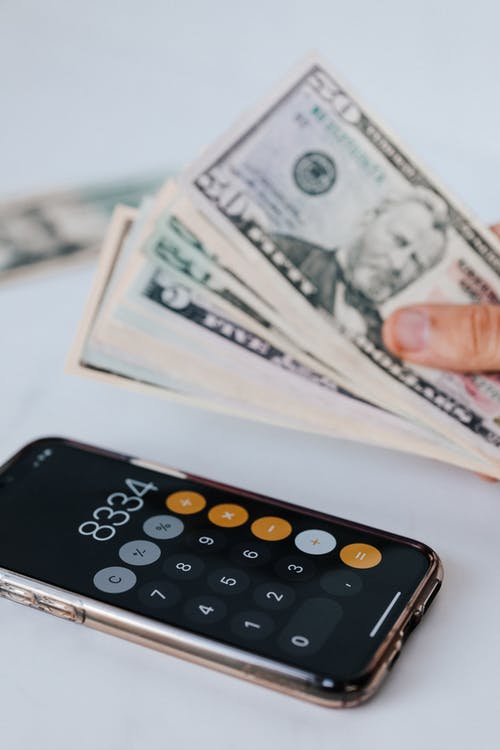Getting out of debt can seem like a fantasy, but it’s an attainable goal if you set realistic expectations and timelines. The best place to start is with a debt repayment plan.
Gather all of the information on your outstanding loans, including current balances, interest rates, and any other data that may affect how long it will take you to repay your debts.
Once you have all the necessary information, you can calculate how long it will take you to become debt-free. You can opt to play around with a debt payoff formula if you love math and feel ambitious. Or, you can take the easier route by plugging the numbers directly into a loan payoff calculator.
Using a debt payoff formula vs. loan payoff calculator
To determine the number of months until you’re debt free, you can use the formula below. For the math fans out there, the formula uses a natural logarithm (the opposite of exponentiation).
To use the formula, though, you don’t actually need to know what a logarithm is or even how it functions. Scientific calculators as well as some web-based calculators can work with logarithms. You can also use the formula in a spreadsheet.
N = (-ln(1- i * A / P)) / ln (1 + i)
ln = natural logarithm
N = number of payments
A = amount owed
P = monthly payment
i = interest rate
Because N represents the number of payments and most loans require a monthly payment, N will tell you how many months until you’re debt-free. To calculate this in years, simply divide by 12.
If all that looks like a bunch of mumbo-jumbo to you—or if you’d just rather get back to binge-watching The Queen’s Gambit—using a debt payoff calculator is probably the way to go.
With this option, all you have to do is:
- Enter your loan details (amounts owed, interest rates, and monthly payments)
- Compare debt repayment plan options (e.g., debt snowball and debt avalanche)
- Factor in any extra payments that could help you pay off your debt faster and save on interest
- Get an estimate for your debt-free date
- Calculate your interest savings presented by each plan (snowball and avalanche)
Basically, plug in your information and let the calculator do the work. If you’re not happy with the amount of time it’ll take to pay off your debt based on that calculation, see if you can comfortably increase the amount you’re paying each month to pay off your debt faster.
Can I pay off a loan early?
Generally speaking, you can pay off a loan early, but certain loans may come with a prepayment penalty, which is essentially a minimum interest amount. In that case, it may not be worth your while to repay the loan before your anticipated end date.
With a revolving debt like a credit card, the more money you’re able to put toward repaying your debt each month, the less you’ll have to pay in interest long-term because you won’t have to worry about a prepayment penalty like you would with other types of loans.
If you get a special offer on a credit card, like 0% introductory APR, you might not want to pay off your balance early so you can take advantage of the temporary offer.
The key in deciding whether to pay off a loan early is understanding the terms of the loan. And, while you may feel pressure to get out of debt as quickly as possible, sometimes it can pay off to be patient.

